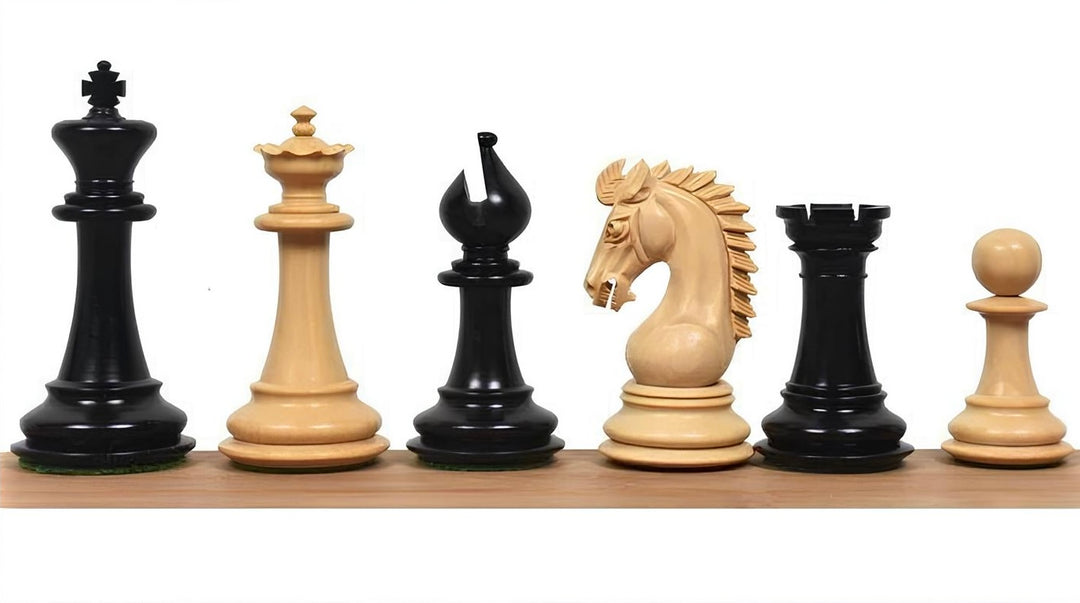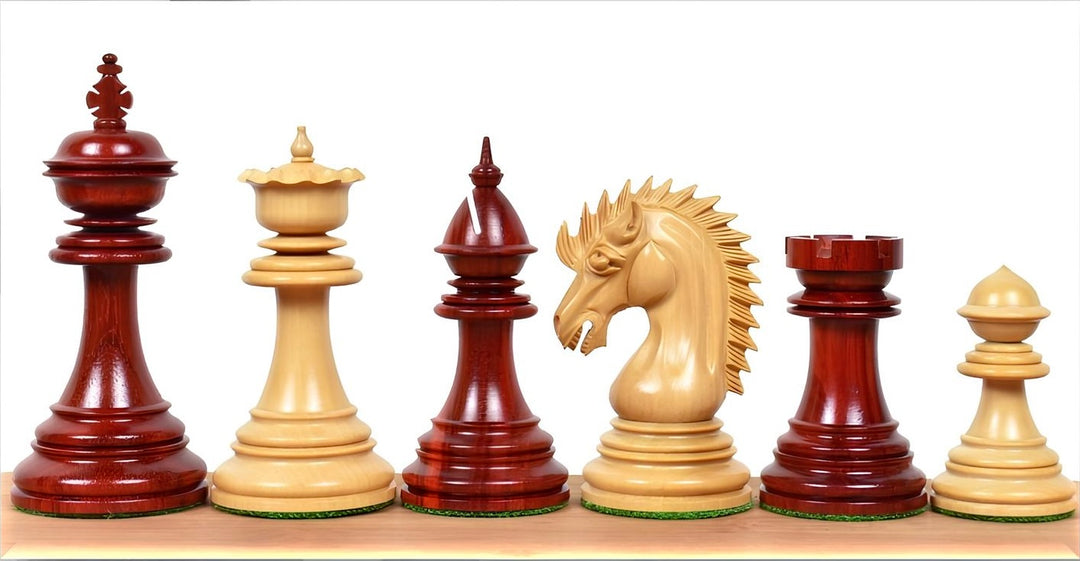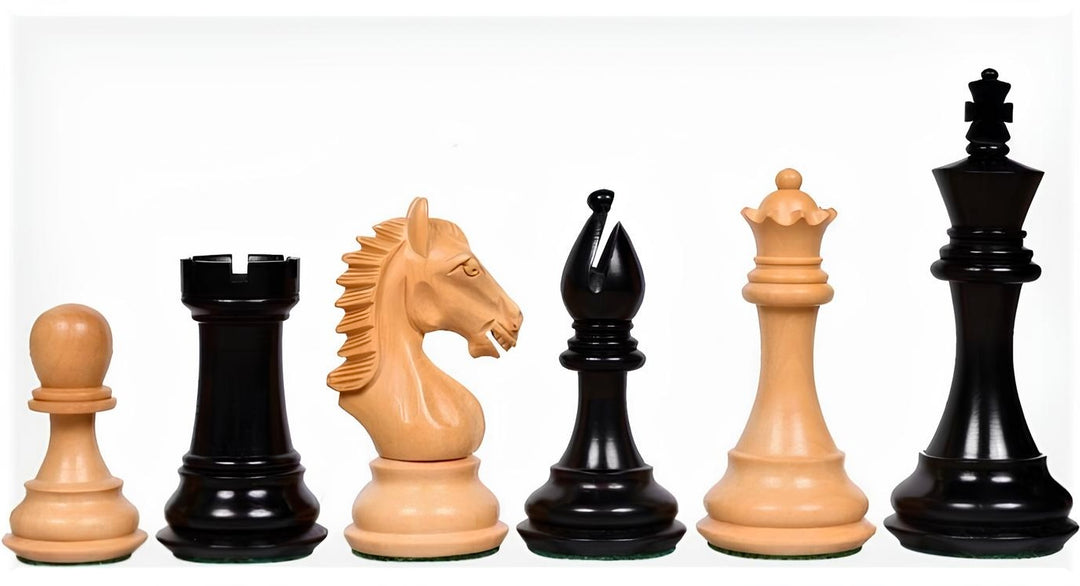Introduction to Chess for Children
Chess, a strategic and intellectual game, has been enchanting players for over a millennium. Introducing children to the game of chess can provide them with remarkable benefits, from enhancing cognitive skills to boosting emotional intelligence. This classic game of strategy not only entertains but also contributes significantly to educational development.
Why Teach Chess to Kids?
Playing chess can have a profound impact on a child's developing mind and character. Key benefits include the improvement of:
- Cognitive abilities: Chess enhances the capacity for problem-solving, critical thinking, and decision-making.
- Memory: Regularly playing chess helps improve a child's memory due to the need to remember rules and strategies.
- Math skills: Calculating moves and considering probabilities can boost math skills.
- Concentration and Focus: The game requires prolonged periods of focus and concentration, training children to deepen their attention span.
- Social Interaction: Chess encourages interaction and communication with peers, further developing social skills.
- Patience and Discipline: Learning to wait and think through moves instills patience and discipline.
- Emotional resilience: Coping with defeat and managing victories can teach children valuable lessons in emotional resilience and sportsmanship.
Appropriate Age to Start Chess
Children as young as five or six years old can begin to learn the basics of chess. At this early developmental stage, children are particularly receptive to learning new patterns and rules, which can be fostered through fun and engaging teaching methods. However, the approach should be tailored to the child's maturity and interest level to ensure they find joy in the game rather than viewing it as a chore.
Teaching Chess to Beginners
Starting with the Basics
Begin by introducing the chessboard and the unique movement of each piece. Simple, engaging stories or analogies can help children remember how each piece moves. For example, explaining the knight's movement as an L-shape can make the concept more memorable.
Interactive Learning Techniques
Utilizing interactive techniques such as playful challenges or using computer games and apps designed for learning chess can make the experience more enjoyable. These tools often provide immediate feedback and various difficulty levels, which can help motivate and challenge children.
Creating a Positive Learning Environment
It's paramount to maintain a supportive atmosphere that celebrates successes and views losses as learning opportunities. Encouraging words, patience, and occasional rewards contribute to a positive learning environment that can keep children engaged and eager to improve.
Advanced Chess Strategies for Kids
As children become more comfortable with the basics, they can start learning advanced strategies. Introducing concepts such as the three phases of a chess game (the opening, the middlegame, and the endgame) helps them to think and plan ahead. Encourage them to consider various tactics like controlling the center of the board, using pins, and setting up forks.
Competitive Chess for Kids
For kids who show a deeper interest in chess, participating in club activities and tournaments can be very beneficial. This not only improves their game through exposure to varied styles of play but also builds character and resilience. Most communities and schools offer chess clubs and competitions, which also serve as a platform to meet other children with similar interests.
Conclusion
Chess is more than just a game. It's a learning tool that encourages the development of essential cognitive, social, and emotional skills. Starting children on chess at a young age can lead to profound educational and personal benefits, making it a worthwhile addition to their activities. With the right approach and resources, chess can be both fun and educational, fostering not only better players but also more capable and confident individuals.



































Leave a comment